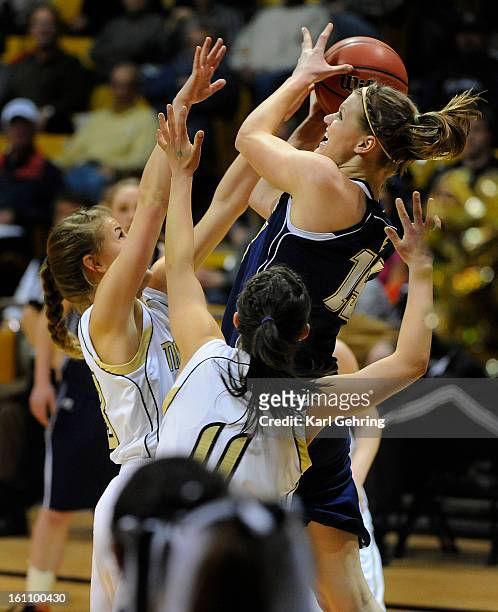Part Art & Part Science
- coachingbb4life.com

- Oct 12, 2021
- 4 min read
I believe it was Coach Larry Brown who said young people today don't understand the difference between criticism and coaching. I could write this whole blog on whether I think young people have changed in terms
of how they view coaching. One of my favorite college coaches is Tom Izzo the men's basketball coach at Michigan State. He has drawn some criticism because of his interactions on game day with some of his players.
Coach Izzo has no problem communicating his displeasure with his players. He also allows his players to react to his methods .... as long as they do not become disrespectful.
I had some really awful teachers in high school who also coached. Some were poor classroom teachers but good coachers and some were good classroom teachers but not very good coaches. The one positive from this experience was it motivated me to try to be good in both the classroom and the court. Regardless of what some may think, not everyone who teaches
is a quality coach.
A long time colleague of mine and I used different teaching methods but I think we both were effective. The trick it seems to me is to find your gift and then be willing to give it away. My colleague lectured a great deal and many of the so called "experts" in education believe lecturing is not the best way to go about teaching. My colleague was good at delivering and explaining difficult concepts with a smart board and his voice. I tried to use a variety of approaches. Some reached some students and some reached other students. I, at times, frustrated my wife because I was constantly trying to find new ways to teach.
Well now that I have confused you. Let me try to simplify what I am saying. I believe coaching is about teaching. Teaching is part art and part science. Some teachers (coaches) are more creative (artistic) than analytical (scientific). That's ok. Do you know which you are? Do you know your strengths and your weaknesses?
Some questions/suggestions to consider when you are taking personal inventory of your own teaching style:
1. Are you an auditory, visual, or kinesthetic learner?
2. Which learning style are your players? (auditory, visual, or kinesthetic)
3. When is the best time in a practice to add a new drill, a new play, or a new
concept?
4. If repetition is a key to retention, how often do you review, when and for
how long during a practice?
5. How do you correct a player during a drill/practice? Do you use the same
method(s) in practice that you would use during a game?
6. Coach Pat Summitt the legendary woman's coach at the University of
Tennessee. When correcting a player had the player communicate back
to the coach by a single word. For example, after Coach Summitt
corrected a player, the player would respond with the word "rebound".
Indicating she understood the coach's directive(s). I have also heard of a
coach that taught his players to say the word "flush" after they made a
mistake to reinforce the notion that you recognize your mistake and the
need to move on from it.
7. Some teacher/coaches believe you praise in public and criticize in
private. I think you have to use your best judgement as to when to use
that approach.
8. When correcting a player always begin with a positive before making a
correction. For example, "Johnny I liked your awareness to move into
rebounding position but you need to be more aggressive when you make
body contact.
9. If you can/dare, record a practice session or two and then sit down and
chart how many positive and how many negative comments you make.
10. Do you give your players permission to coach other players? And if they
do, do they know how you want them to do it? (I have seen marginally
skilled players be more than willing to tell their teammates what and
how things should be done. As you can guess their corrections were not
often received gracefully.)
11. Do you read the body language of your players? Can you adapt to what
they are expressing?
12. Do you talk too much during practice? Can you teach while the drill is on
going?
13. Do you correct/teach all your players the same way? In my opinion, if you
do you are making a mistake.
14. Are you patient enough to let them (your players) fail? Sometimes you
have to move on and try again another day.
15. Will you keep a player(s) after practice and give them some special 1 on 1
attention?
16. Are you willing to apologize to an individual and the team when you
are wrong? Believe me I did this more than once! ( *Nothing I know builds
trust between the coach and the players than a coach who is willing to
confess they screwed up.)
17. Your facial expressions and body language need to be what your players
need to see. Most of them will quickly learn to read you like a book!
18. Whether you believe attention spans have lessened or not, how long do
you run a drill and how long do you conduct a practice? I am a big
believer in shortening the length of practice during the course of the
season.
19. When you end practice, do ANY of your players stay on the floor or do all
or most head for the showers? (May give you some feedback about how
they feel about the length of practice?)
20. How do you know you have taught what you think you have taught? How
are you going to assess?








Comments